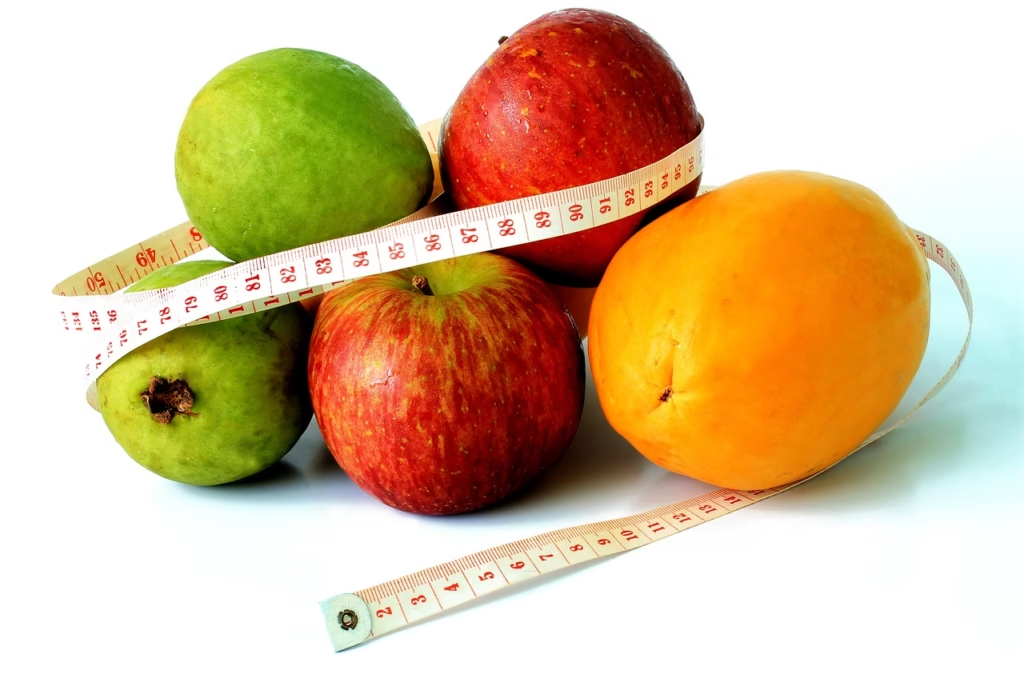Discover why eating less isn’t the best way to lose weight! This study reveals how focusing on low-calorie, nutrient-rich foods can lead to sustainable weight loss.
5 Proven Reasons Why Eating Less Isn’t the Best Way to Lose Weight
When it comes to losing weight, the common advice is to eat less. But new research reveals a better approach: focus on what you eat, not how much. By prioritizing healthy, low-calorie foods, you can manage your calorie intake more effectively without feeling deprived.
Table of Contents
- What the Study Revealed About Eating Less
- How the Research Was Conducted
- Findings: Trained vs. Untrained Participants
- Why Choosing Low-Calorie Foods Works Better
- FAQs on Sustainable Weight Loss
1. What the Study Revealed About Eating Less
The research, published in the journal Appetite, shows that focusing on healthy food choices is more effective for weight loss than just cutting portions. The study, led by Faris Zuraikat from Pennsylvania State University, highlights that eating nutritious, low-calorie foods can help you stay full while consuming fewer calories overall.
2. How the Research Was Conducted
The study involved 102 women, divided into three groups:
| Group | Characteristics | Prior Portion Control Training? |
|---|---|---|
| Overweight, untrained | 34 participants | No |
| Healthy weight, untrained | 29 participants | No |
| Overweight, trained | 39 participants | Yes |
For four weeks, participants were served meals of varying portion sizes and calorie densities, from garlic bread (high-calorie) to salads (low-calorie).
3. Findings: Trained vs. Untrained Participants
The results showed clear differences between trained and untrained participants:
- Trained participants: Consumed fewer calories by choosing more low-calorie foods like salads.
- Untrained participants: Ate larger portions of high-calorie foods, resulting in higher calorie intake.
Barbara Rolls, a co-author of the study, noted, “Trained participants achieved a balanced plate by changing proportions, consuming more low-calorie foods while feeling satisfied.”
4. Why Choosing Low-Calorie Foods Works Better

The study emphasized that what you eat is more important than eating less. Here’s why:
| Approach | Impact |
|---|---|
| Focusing on low-calorie foods | Allows larger, satisfying portions without overeating. |
| Eating small portions of high-calorie foods | Leaves you hungry, making it harder to sustain weight loss efforts. |
“The results show that eating nutrient-rich, low-calorie foods is a more sustainable and effective strategy for weight loss,” Zuraikat explained.
5. FAQs on Sustainable Weight Loss
Q: Why isn’t eating less effective for weight loss?
A: Cutting portions often leaves you hungry. Focusing on low-calorie, nutrient-dense foods allows you to eat more while consuming fewer calories.
Q: What are examples of low-calorie, nutrient-dense foods?
A: Options include vegetables, fruits, lean proteins, and whole grains.
Q: Can portion control training really make a difference?
A: Yes, it helps people make healthier food choices, leading to sustainable calorie reduction.
By prioritizing low-calorie, nutrient-rich foods, this study shows a path to effective and sustainable weight loss. You don’t need to eat less—you just need to eat smarter!



